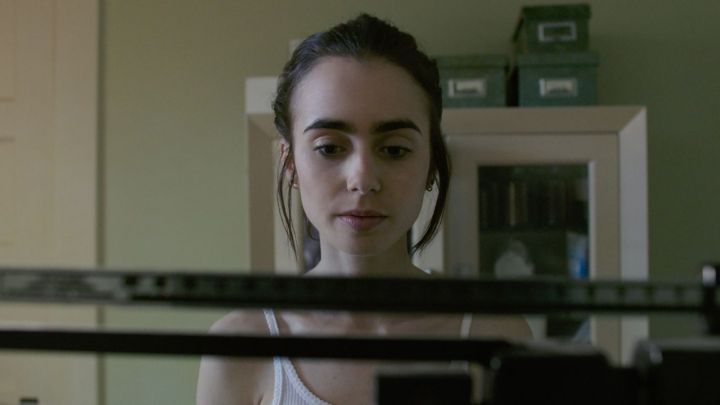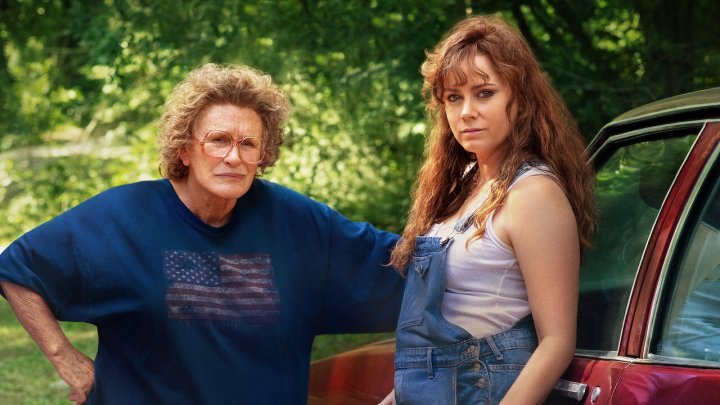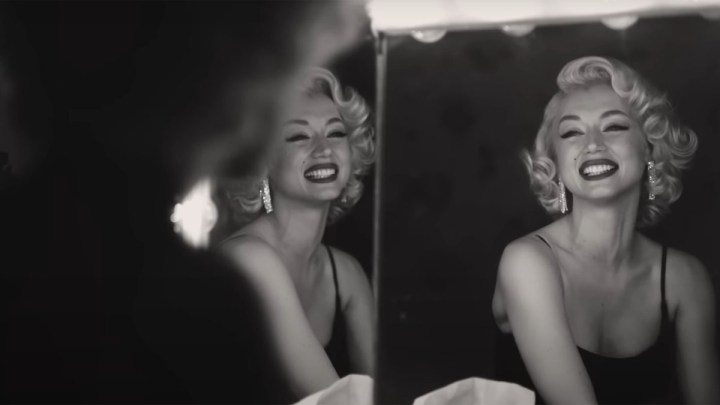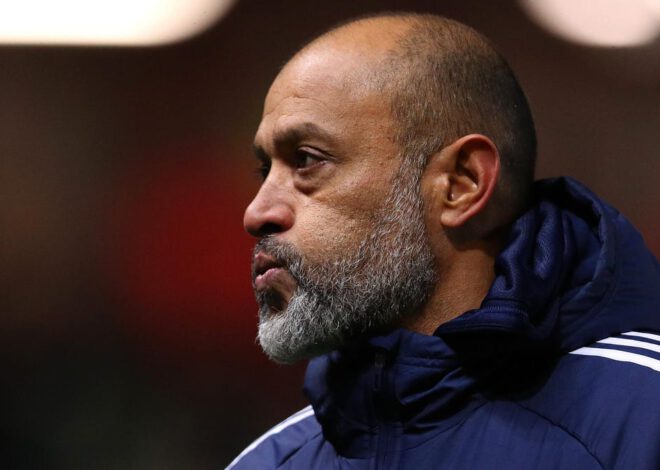
7 most controversial Netflix movies ever
Netflix is by far the most popular streaming service, not to mention the most successful. Thanks to a large and impressive library of movies, from drama to comedy and sci-fi, Netflix has become the authority in the ever-erratic and increasingly divisive streaming world. Indeed, other services struggle, and some even fall to their knees, but Netflix remains, endures, and occasionally even thrives.
That’s not to say Netflix is exempt from controversy. In fact, it has often been subjected to intense scrutiny from fans and critics because of some of its most questionable offerings. Whether they’re would-be erotic thrillers, misguided dramas, or largely fictitious biopics, these movies are among the most controversial and unsavory Netflix originals, and not all of them were infamous enough to be decent performers.
To The Bone (2017)
 Image via Netflix
Image via Netflix
Lily Collins stars in Marti Noxon’s 2017 feature film directorial debut, To the Bone. The harrowing drama follows Ellen, a 20-year-old college dropout struggling with anorexia. Keanu Reeves, Carrie Preston, and Lili Taylor also star.
To the Bone received mainly positive reviews. Most praise went to Collins’ career-best performance, with the actress receiving the best reviews of her career. Noxon’s screenplay and the film’s approach to its delicate and pressing central subject, however, attracted more polarizing commentary. Many accused To the Bone of glamorizing anorexia, considering it shallow, simple, and unsympathetic.
Girl (2019)
 Image via Lumière/Netflix
Image via Lumière/Netflix
Lukas Dhont’s drama Girl made quite a splash when it premiered in 2018. The film stars Victor Polster as Lara, a 15-year-old trans girl pursuing a career as a ballerina. Girl received acclaim upon its premiere at the 2018 Cannes Film Festival as part of the Un Certain Regard section, winning several awards and cementing Dhont as a talent to be watched.
However, Girl also earned criticism for its questionable portrayal of trans issues, including casting a cisgender man as a trans girl. The film attracted polarizing commentaries about its depiction of gender dysphoria and self-harm, with some going so far as to refer to it as “trans trauma porn.” And while many consider Girl among the best LGBTQ+ movies on Netflix, others believe it to be a harmful and regressive portrayal of trans issues.
Hillbilly Elegy (2020)
 Image via Netflix
Image via Netflix
Perennial Oscar bridesmaids Amy Adams and Glenn Close joined forces with Ron Howard for the 2020 drama Hillbilly Elegy. Adapted from J. D. Vance’s 2016 eponymous memoir, the film follows a Yale law student who returns to his Ohio hometown following an urgent phone call and must reconcile with his chaotic family history.
Upon release, Hillbilly Elegy was seen by many as shameless and unsuccessful Oscar bait. Many took issue with its apparent right-wing politics and its unfavorable depiction of the Appalachian region, criticisms that go back to the source material. Adams and Close also received polarizing reviews for their performances; Close became the third performer to receive Oscar and Razzie nominations for the same role, although she won neither.
The First Temptation of Christ (2019)
 Image via Netflix
Image via Netflix
Notorious comedy troupe Porta dos Fundos produced the 2019 satirical comedy film The First Temptation of Christ. The film follows Jesus’ return home after 40 days in the desert and includes several controversial storylines, including depicting Jesus as gay and Mary as a cannabis smoker.
Religious films are no strangers to controversy. However, the backlash against The First Temptation of Christ in Brazil was swift and near-universal. The film was shortly pulled from Netflix after a Rio de Janeiro court ruled against Netflix, claiming that “the right to freedom of expression… is not absolute.” However, the decision was overruled by the President of Brazil’s Supreme Court, claiming that “it is not to be assumed that a humorous satire has the power to undermine the values of the Christian faith.”
365 Days (2020)
 Image via Next Film/Netflix / Next Film
Image via Next Film/Netflix / Next Film
Michele Morrone and Ana-Maria Sieklucka star in the controversial Polish erotic thriller 365 Days, directed by Barbara Białowąs and Tomasz Mandes. The plot centers on Laura, a young woman from Warsaw kidnapped by a member of the Sicilian mafia and given 365 days to fall in love with him.
365 Days was universally panned. Criticisms went to the film’s screenplay, direction, and performances. It’s one of the rare films with a 0% on Rotten Tomatoes, receiving criticism for glorifying sexism, rape, kidnapping, and sexual violence. Despite the controversy, the film was wildly successful and spawned a trilogy, with each sequel receiving as much derision as the original.
Blonde (2022)
 Image via Netflix
Image via Netflix
The once-underrated Ana de Armas received her first major leading role by playing Marilyn Monroe in Andrew Dominik’s psychological drama Blonde. Based on Joyce Carol Oates’ controversial 2000 novel of the same name, Blonde presents a fictionalized version of Monroe’s life and career, from her troubled childhood to her eventual passing.
Blonde polarized critics and audiences upon its release. De Armas’ performance received near-universal reviews and earned her an Oscar nomination for Best Actress, becoming the first Cuban to be nominated in the category. However, the film’s cruel and biased treatment of Monroe was heavily criticized, as was its portrayal of abortion and her alleged relationship with John F. Kennedy.
Cuties (2020)
 Image via BAC Films/Netflix
Image via BAC Films/Netflix
No Netflix film has been more controversial than Maïmouna Doucouré’s 2020 feature directorial debut, Cuties. Fathia Youssouf stars as Amy, an 11-year-old Senegalese-French girl from a traditional Muslim family who must reconcile her values with her new identity after joining a twerking dance troupe at school.
Although Cuties was critically praised for its nuanced depiction of girlhood and coming-of-age, it received severe criticism from audiences, who considered it lewd and inappropriate. Many U.S. politicians condemned the movie, with Tulsi Gabbard going so far as to call it “child porn” and suggesting it would “help fuel the child sex trafficking trade.” The Cuties controversy remains Netflix’s most significant, and while it has moved past it, many still bring the film up when trying to fault Netflix for any perceived slight.


